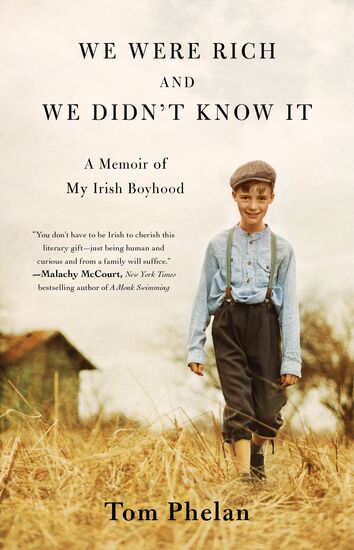"A Minister's Wife" • Adapted from George Bernard Shaw's "Candida" by Austin Pendleton (Book), Joshua Schmidt (music) Jan Levy Tranen (lyrics) • Lincoln Center Theater, Mitzi E.Newhouse Theater • Open-Ended Run
In 1876, Dubliner George Bernard Shaw, aged 20, left Ireland and moved to London to become a novelist. By 1884, he'd written five novels, none of them successful. To support himelf, Shaw turned to a variety of journalistic pursuits, writing book reviews for the Pall Mall Gazette, art criticism for The World and music criticism for The Star.
Along the way, his attentions turned to playwriting, but, by 1890, he hadn't completed a single play. That year, however, he collaborated with a friend, the critic William Archer, on a progressive text, "Widowers' Houses," which would eventually end up as Shaw's work alone and launch his career as a dramatist.
By 1895, there were four plays, the last of which was "Candida." None of them drew much attention in the theater, so he published them for readers, complete with stage directions written at considerable length. So began the Shavian Preface. As written, "Candida" was a simple play with a single set and six characters, basically a romantic triangle with political underpinnings.
Now, after 115 years, it has turned up at Lincoln Center's Mitzi E. Newhouse Theater as "A Minister's Wife," with music added and one of its characters expunged.
Gone is the heroine's bumptious father, a successful factory owner named Burgess, who, in conventional productions, gets most of the laughs. The character is widely regarded as a preliminary sketch for Alfred P. Doolittle, the father of the heroine of "Pygmalion."
The decision to omit Burgess was made by Austin Pendleton, who turned the play into the book for a chamber effort with music by Joshua Schmidt and lyrics by Jan Levy Tranen.
Candida Burgess Morell is the loving wife of Rev. James Mavor Morell, a progressive minister living and working among the poor in London's East End in the 1890s.
The Reverend Morell has acquired and made a friend of Eugene Marchbanks, a young and spoiled would-be poet who, alienated from his privileged family, has taken to sleeping beneath the bridges in the neighborhood where the minister and his wife make their home.
Once invited into the Morells' domicile, Marchbanks fancies himself in love with Candida, whom he imagines to be neglected by her husband. Candida is a touch over 30, while Marchbanks is still under 20, and not particularly mature. With Marchbanks played by the gifted but almost excessively boyish Bobby Steggert, the possibility of any sort of hook-up involving these people comes across as ludicrous.
In addition to the characters involved in Shaw's unconvincing romantic triangle, "Candida" includes Rev. Alexander Alexander Mill, Morell's Curate, and Miss Proserpine Garnett, the minister's secretary, played, respectively, by Drew Gehling and Liz Baltes.
Morell is done here capably but flatly by Marc Kudisch. Candida is nicely handled by Kate Fry, who originated the role in the Chicago tryout.
The score by Schmidt and Tranen is mainly made up of what comes across as sung speech, as opposed to actual songs. A few good, solid songs might have done "A Minister's Wife" a world of good, but, unfortunately, the creative team didn't come up with much. Director Michael Halberstam, created with having "conceived and directed" the show, keeps things moving fairly well within Allen Moyer's stunningly beautiful set.
Shaw's story is well enough delivered at the Newhouse, but Burgess, the coarse and noisy businessman, is sorely missed, as are the laughs he might have inspired.









